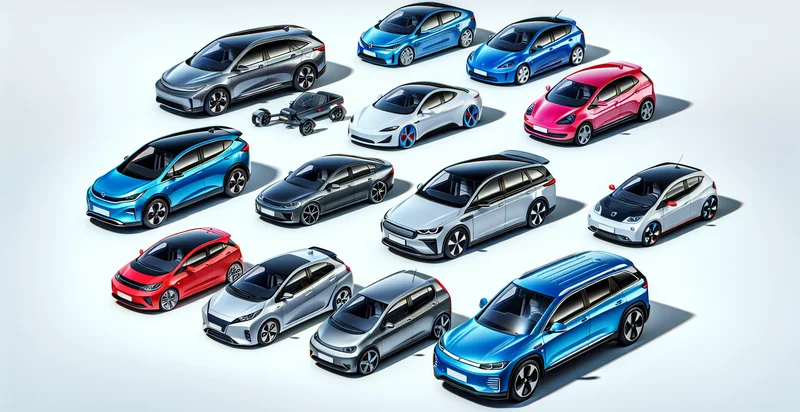Identify tesla models
using AI
Below is a free classifier to identify tesla models. Just upload your image, and our AI will predict if it's a Tesla model or not - in just seconds.

Contact us for API access
Or, use Nyckel to build highly-accurate custom classifiers in just minutes. No PhD required.
Get started
import nyckel
credentials = nyckel.Credentials("YOUR_CLIENT_ID", "YOUR_CLIENT_SECRET")
nyckel.invoke("tesla-models", "your_image_url", credentials)
fetch('https://www.nyckel.com/v1/functions/tesla-models/invoke', {
method: 'POST',
headers: {
'Authorization': 'Bearer ' + 'YOUR_BEARER_TOKEN',
'Content-Type': 'application/json',
},
body: JSON.stringify(
{"data": "your_image_url"}
)
})
.then(response => response.json())
.then(data => console.log(data));
curl -X POST \
-H "Content-Type: application/json" \
-H "Authorization: Bearer YOUR_BEARER_TOKEN" \
-d '{"data": "your_image_url"}' \
https://www.nyckel.com/v1/functions/tesla-models/invoke
How this classifier works
To start, upload your image. Our AI tool will then predict if it's a Tesla model or not.
This pretrained image model uses a Nyckel-created dataset and has 4 labels, including Model 3, Model S, Model X and Model Y.
We'll also show a confidence score (the higher the number, the more confident the AI model is around if it's a Tesla model or not).
Whether you're just curious or building tesla models detection into your application, we hope our classifier proves helpful.
Related Classifiers
Need to identify tesla models at scale?
Get API or Zapier access to this classifier for free. It's perfect for:
- Fleet Management: Companies operating a fleet of Tesla vehicles can utilize the image classification function to automatically identify and categorize different Tesla models. This helps in tracking vehicle maintenance schedules, managing vehicle assignments, and optimizing resource allocation based on specific model requirements.
- Insurance Assessment: Insurance companies can employ this classification feature to streamline the claims process by quickly identifying the Tesla model related to an incident. This information allows for more accurate risk assessments and faster policy adjustments based on the specific characteristics and market value of each model.
- Marketing and Advertising: Car dealerships and marketers can leverage this identification function to analyze customer preferences for different Tesla models. By understanding which models attract more attention, they can tailor targeted advertising campaigns and promotional offers, improving ROI on marketing efforts.
- Autonomous Driving Development: Automotive developers working on autonomous driving technology can use the model classification data to better understand driving patterns associated with different Tesla models. This information can aid in training algorithms for improved navigation and safety features adapted to the characteristics of each model.
- Data Analytics for Market Trends: Research firms can analyze images of Tesla models in various environments to track market trends and consumer behaviors globally. The identification function enables the organization of data by model to assess popularity trends, helping stakeholders make informed business decisions.
- Road Safety Monitoring: City planners and road safety organizations can utilize image classification to monitor Tesla model prevalence on the roads. Analyzing the distribution of Tesla vehicles can inform public safety campaigns and infrastructure planning, ensuring that cities accommodate electric vehicle trends effectively.
- Parts and Service Customization: Automotive service centers can implement this classification function to quickly identify the Tesla model requiring service. This streamlines the parts ordering process, allowing service technicians to prepare the correct tools and components in advance, enhancing operational efficiency and customer satisfaction.


